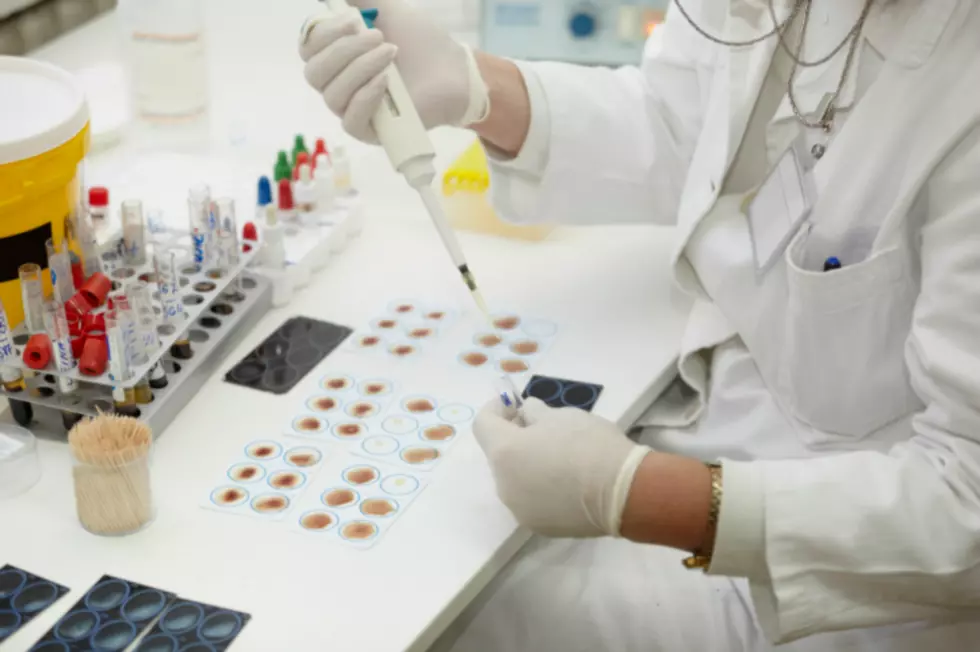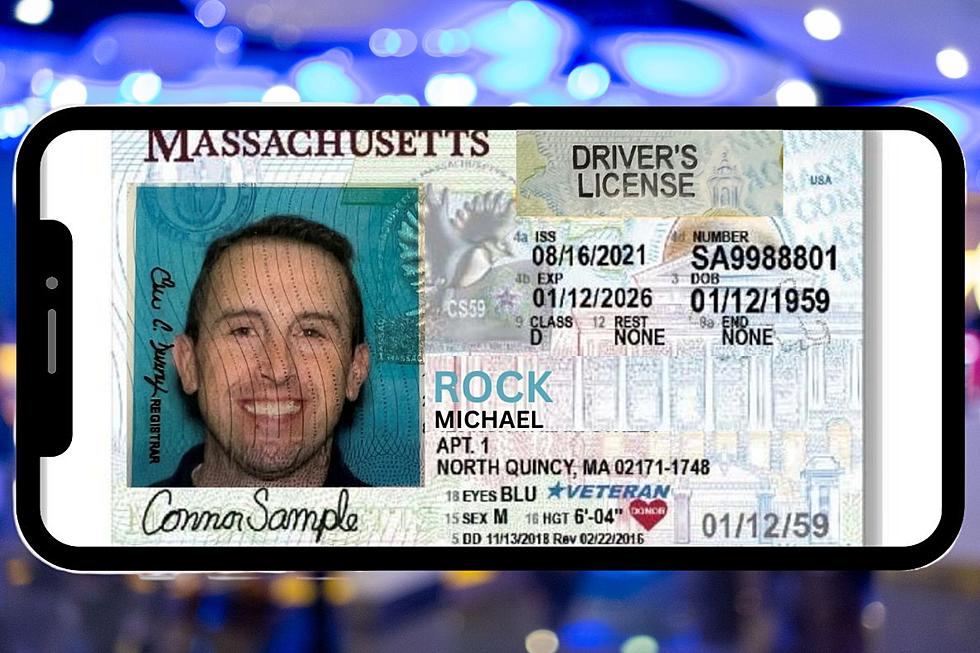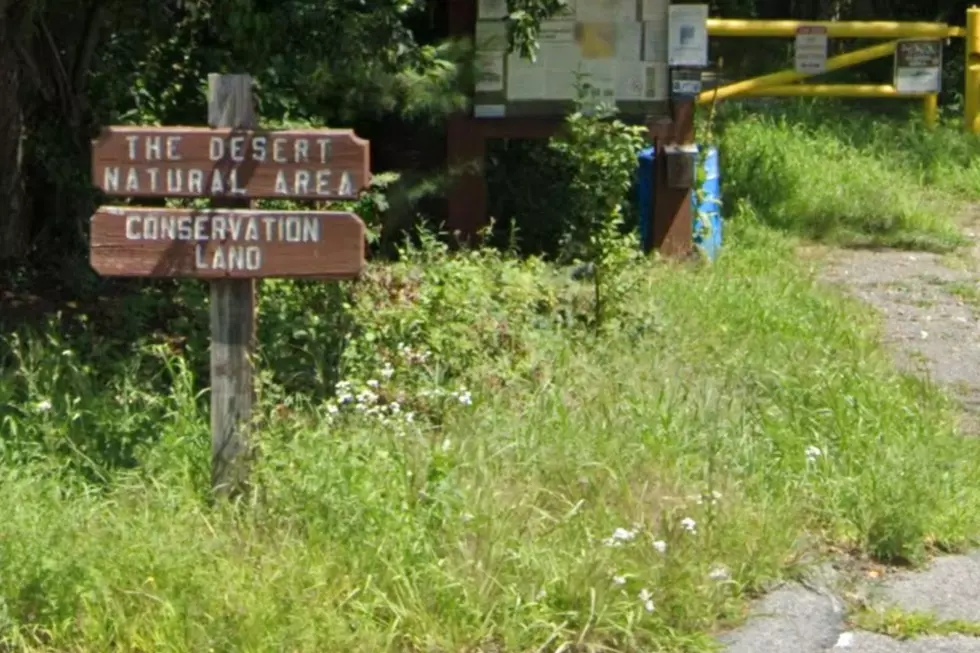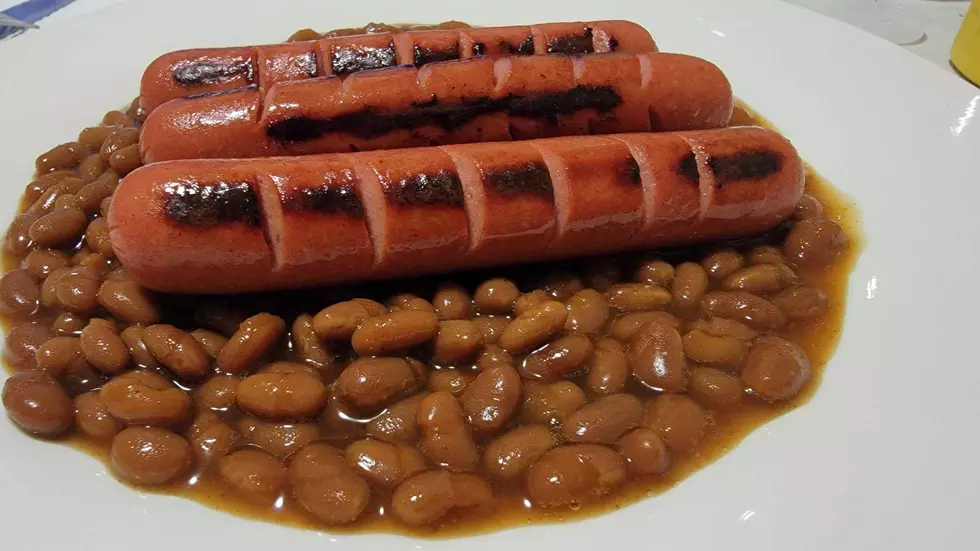
State Labs Not Equipped to Enforce 2015 Fentanyl Trafficking Law
HAVERHILL — The heralded law that made trafficking in the deadly synthetic opiate fentanyl a new crime in 2015 has proven to be "unenforceable," according to the Baker administration, police and prosecutors who urged legislators Tuesday to act quickly to fix the law so that those dealing fentanyl can be more harshly punished.
Gov. Charlie Baker join members of the local law enforcement community to highlight the problem with the fentanyl trafficking law that he signed three years ago, and desire of police and prosecutors to quickly close the loophole.
"The House and the Senate both agree, based on conversations that many of us have had with leaders in both branches, that this fentanyl issue needs to be addressed and it should be addressed with some degree of urgency and I think it's important that it get done quickly," Baker said.
Under the 2015 law, someone dealing heroin laced with fentanyl could only be prosecuted for trafficking fentanyl if the confiscated mixture contained at least 10 grams of the synthetic drug. Public Safety Secretary Dan Bennett, however, said the State Police crime lab is only equipped to determine the presence of fentanyl, not the quantity of the substance in a mixture.
The fentanyl trafficking statute, which carries a penalty of up to 20 years in prison, differs from other trafficking laws, such as heroin trafficking, which can be charged if a mixture of 18 grams or more contains even a trace of heroin.
"Unless you change the legislation, you're never gonna get someone for fentanyl trafficking in Massachusetts," Bennett said at a press conference at Haverhill Police headquarters.
A total of 1,977 people died of suspected or confirmed opioid overdoses in 2017, after 2,155 deaths in 2016. Fentanyl was present in 83 percent of the overdose deaths in 2017, up from about 30 percent in 2014.
Haverhill Police Chief Alan DeNaro said his department has responded to 514 overdose calls and 53 overdose-related deaths over the last 27 months, and in Essex County the number of opioid related deaths has climbed from 94 in 2012 to 273 in 2016, according to the Baker administration.
"It has gone from being a part of the story to being a significant, major, driving part of the story with respect to deaths from overdoses in the commonwealth," Baker said.
The administration is seeking a change that would allow prosecutors to charge a drug dealer with fentanyl trafficking if the narcotic is present in a mixture of 10 grams or more.
A section of the criminal justice reform bill passed by the House and now the subject of conference committee negotiations between the House and Senate would address the problem with the law, Baker said.
The committee of three representatives and three senators, led by Sen. William Brownsberger and Rep. Claire Cronin, has been hashing over the bill for more than three months.
Essex County District Attorney Jonathan Blodgett said the inability of prosecutors to meet the burden of proof that drugs contain at least 10 grams of fentanyl has meant that charges have to be downgraded to possession or possession with intent to distribute, leading some defendants to walk away with probation.
"The law has our hands tied when it comes to putting the people who profit off this poison behind bars," Blodgett said.
The law hasn't been completely ineffective, however.
Attorney General Maura Healey said her office has charged 40 people with fentanyl trafficking since February 2016, though her office acknowledged that the high-level criminal organizations and drug traffickers targeted by her office are not the same as the dealers encountered by local police and district attorneys.
In one case brought by Healey's office in March 2017, a Worcester grand jury indicted two men from New York on fentanyl trafficking and other charges after police located 11 kilogram packages of narcotics in their car, and later determined four kilograms were pure fentanyl.
Healey's office said that language applying the trafficking statute to any mixture containing fentanyl was left out of the 2015 bill to ensure that addicts and end users of the products, who might not even know their drugs have been laced with fentanyl, did not wind up facing a trafficking charge.
The attorney general, however, now said she supports the changes being sought by the governor to make the law more usable for local police and prosecutors.
"Before this statute was passed, our drug laws did not address the widespread trafficking of fentanyl, which is claiming the lives of people across our state. As law enforcement is coming across more fentanyl mixed with other substances in their daily work, our office is supportive of changes to make the law more broadly applicable to help keep this deadly drug out of the hands of those struggling with addiction," Healey said in a statement.
Baker also made a pitch for his proposal to adopt the national drug registry, so that Massachusetts laws are automatically updated when the federal government schedules a new illicit substance, often times new synthetic drugs.
As state statute stands now, Bennett said a dealer could stand in front of the Haverhill police station and sell carfentanil, an analog of fentanyl that has been slightly modified at the molecular level, without fear of arrest because the drug hasn't been classified.
If the national drug registry were to be adopted, the Legislature could still declassify any drug.
"If you don't enact the federal schedule and change the statute you're allowing them to sell death in front of police stations," Bennett said.
The issue of scheduling carfentanil and putting a new carfentanil trafficking law on the books is also before the conference committee negotiating a final criminal justice reform bill.
--Matt Murphy, State House News Service
More From WBSM-AM/AM 1420









